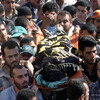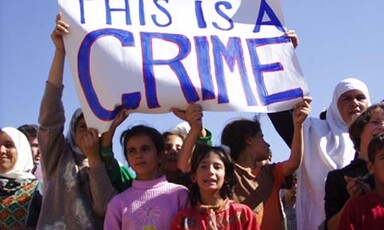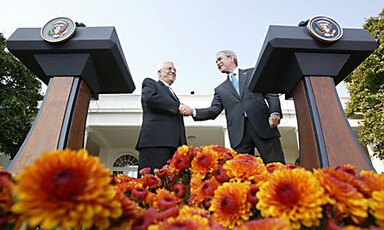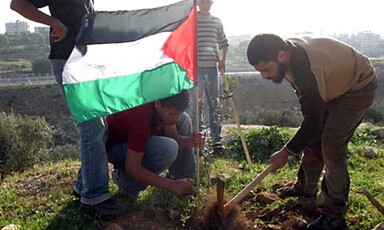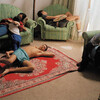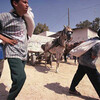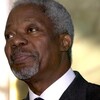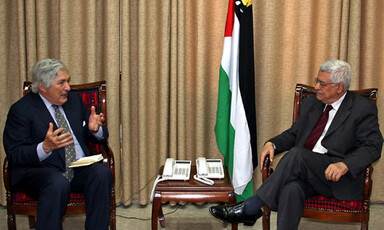
Setting up Abbas
25 October 2005
From Sharon’s point of view it’s a done deal. Israel has won its century-old conflict with the Palestinians. Surveying the landscape - physical and political alike - the Israeli Prime Minister has finally fulfilled the task with which he was charged 38 years ago by Menachem Begin: ensure permanent Israel control over the entire Land of Israel while foreclosing the emergence of a viable Palestinian state. Still, Israel needs a Palestinian state. Although the annexation of the settlement blocs gives Israel complete control over the entire country between the Mediterranean and the Jordan River, it needs to “get rid of” the almost four million Palestinian residents to which it can neither give citizenship nor keep in a state of permanent bondage. Read more about Setting up Abbas
